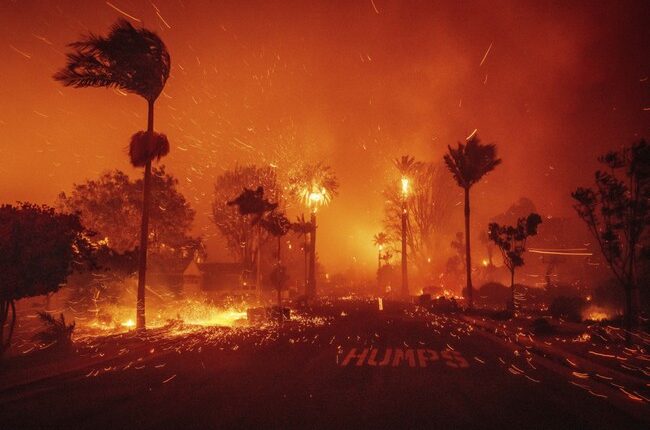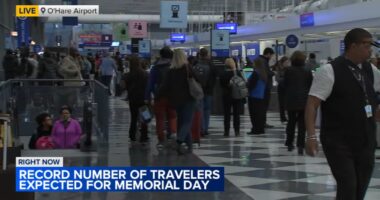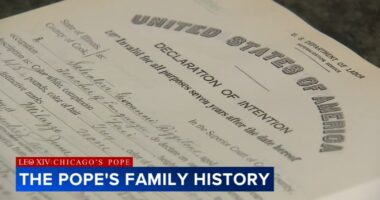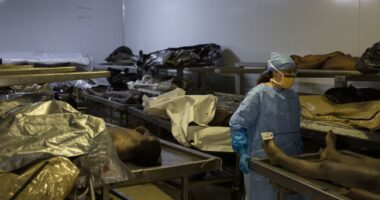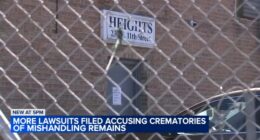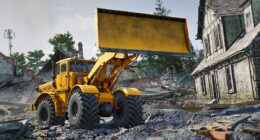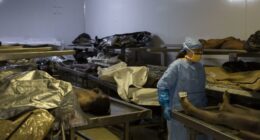
In light of recent events in California, it’s easy to pose a question to the state’s voters: “What else must happen? What additional evidence do you require to see that the Democratic group in charge of your state is not competent? What will it take for you to alter your voting patterns?
The devastating fires that have ravaged tens of thousands of acres and hundreds of homes in recent days underscore the significant failures of California’s leadership. Various factors have contributed to these wildfires.
First, inadequate or non-existent water policies:
Furthermore, the catastrophic fires in Los Angeles have brought attention to another issue concerning water supply. Governor Newsom and other Democratic leaders in Sacramento are now facing renewed criticism for neglecting to construct a new reservoir since 1979, despite the approval of a $7.5 billion water bond ballot measure in 2014 that was meant to fund the construction of new reservoirs and other water infrastructure projects. Up to 2022, no new storage projects had commenced, although proponents indicated that as many as seven were still in the planning and feasibility assessment stages.
It’s unclear what additional red tape the planned reservoirs still face. In 2022, the Los Angeles Times acknowledged that California’s government bureaucracies move at a “glacial pace,” and in the fall of 2021, Newsom created “strike teams” to help speed up the projects.
Under the proposition, $2.7 billion is slated for water storage, but the state funds can be used for “public benefits” as well, including salmon protection, recreation, and flood control.
Not one new reservoir since 1979. Not one. California is a mostly arid state. Frankly, much of it is desert or near desert, including big parts of the burned areas. California will bend efforts for fish, but not to build more reservoirs for drinking water – or water to combat fires.
Second, the California officials involved; to call them incompetent would be something of an understatement. One key official wasn’t even in the state.
Bass left Los Angeles on Saturday—two days after the National Weather Service warned that strong winds and “extreme fire weather conditions” would soon threaten the city. On Sunday, the NWS announced a fire weather watch. By Monday, the warnings had become much more urgent, with the NWS tweeting in all-caps that “A LIFE-THREATENING, DESTRUCTIVE, Widespread Windstorm” would hit L.A. imminently.
